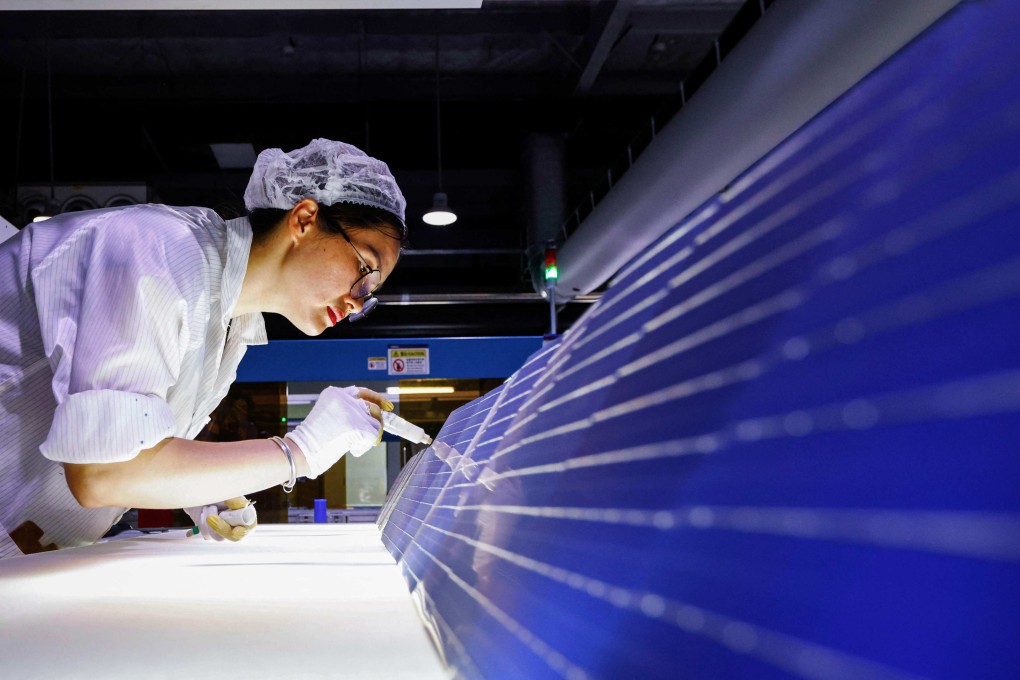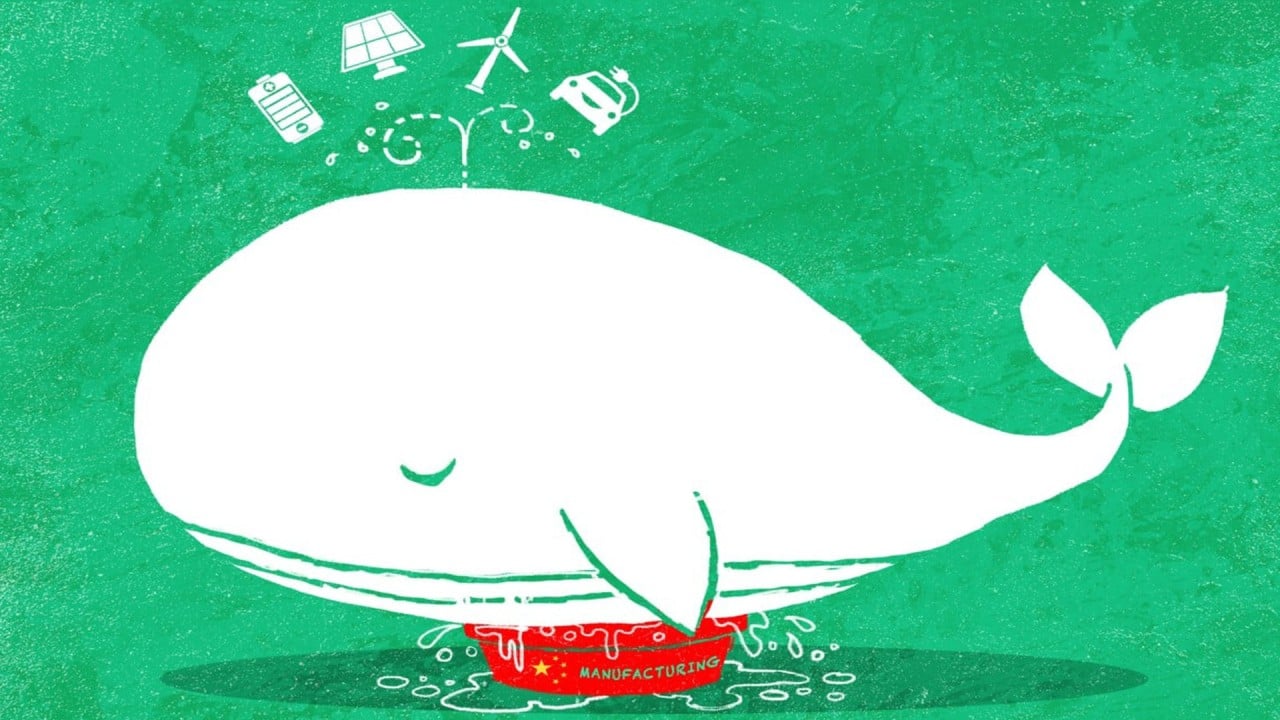Trump tariffs on solar panels to spur Chinese investment in the US, experts say
Chinese firms to prepare for worst-case scenario of Trump slapping tariffs on shipments from their bases in Southeast Asia

Chinese companies are likely to increase their production of solar panels in the US to mitigate any fallout from possible higher tariffs on their exports from Southeast Asia next year after Donald Trump begins his second term in the White House in January, according to industry observers.
Demand in the US is expected to increase even if Trump acts on his plan to cancel President Joe Biden’s US$400 billion incentives for clean energy projects under the Inflation Reduction Act (IRA) enacted in August 2022, they said.
“Demand for solar will remain strong, since it is a proven technology and customer awareness and acceptance is high,” said Frank Haugwitz, founder of Asia Europe Clean Energy (Solar) Advisory. “It is very affordable compared to just a few years ago.”
Solar power equipment, lithium batteries and electric vehicles are the so-called “new three” industries, where China is seeking to strengthen its dominance in production. They are some of the bright spots in China’s economy, which has recently suffered from a slump in the property market and private consumption.
The Biden administration last month announced a preliminary countervailing duties of 2.9 to 30 per cent on solar cells from Vietnam, Cambodia, Malaysia and Thailand from as early as April. Those shipments to the US amounted to US$11.9 billion last year, according to official data. Most solar-panel factories in Southeast Asia are owned by Chinese entities, Haugwitz noted.
It came after a five-month investigation into allegations by US makers First Solar, Qcells, Meyer Burger and REC Silicon that the Chinese firms benefited from subsidies. The US had decided in September to double the tariff on Chinese solar cells to 50 per cent. Solar cells are components assembled in panels for converting sunlight to electricity.

